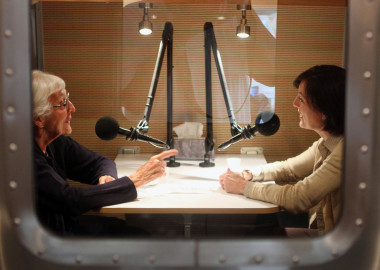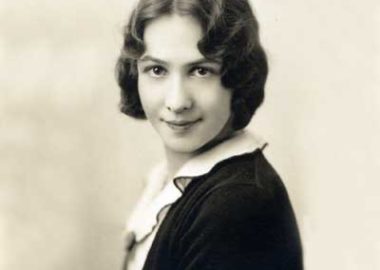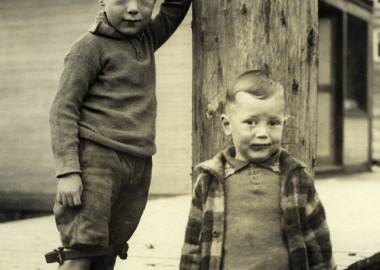
Humans love stories. They help us translate the data in our brains into meaning. What does this mean in practical terms? It’s means that it’s not really about your age, or net worth, or the number on the scale. It’s the sum total of life experiences that have led you to this point. It means that your life story is one of the most powerful assets you possess.
Many people are reluctant to tell their life story—either to their family, verbally, or in print– because they are worried about being seen as boring or self-centred.
The fact is that your life story is the most interesting thing about you.
If you want people to empathize or understand you, tell them a story. If you want them to learn what you’ve learned, tell them a story. If you want them to feel—even in some small way—what you’ve felt, tell them a story.
We all come from wildly disparate backgrounds, but we are united by our common experiences. We’ve all had broken hearts and big successes. We’re ultimately not interested in the what, but the why.
When you elect to write your memoirs, you give yourself ownership of your story and can speak directly from the heart. You also gain a greater understanding of your own life, which is a tremendous, and utterly unique, gift that you can pass on to others.
When you dig into the why of what you’ve done in your life, you transmit your values to the reader. You can’t dictate to others what they must believe, but if you can make them feel what you felt, you can convince them of the importance of your values. You may, for example, want to encourage your grandchildren to be industrious; through story you can inspire them to dream big dreams and put their talents to work in bringing them to life.
When you make people believe in your story, the resulting inspiration will help them incorporate new ideas and values into their own lives.
Telling Your Life Story: Where to Begin
It might seem like an overwhelming task to catalogue the years of your life into a meaningful narrative. What’s important? Where to begin?
Three ideas that might help you start telling your life story include:
1. Think of a tradition from your childhood that you still practice today. In what ways has the tradition changed, and in which ways has it stayed the same?
2. What do you consider your vocation? Your calling? Your biggest talent?
3. If you could write a letter to a long-lost or deceased friend or relative, what would you say? Would you talk about the past or the future?
When you approach the answers to these questions, remember that telling your life story is an act of sharing.
Often, people mistake the act of memorializing their life as vain or self-important; in reality, you are sharing your reflections with an audience that may be far in the future. You are not only recording the what, but explaining the why. You can relate your life story, but also your core values and motivations.
To engage your reader, be prepared to be vulnerable. We connect with others most deeply when we’re real with each other.
A story is not a collection of dates and facts, it is a generous act of engaging with others in our most fundamentally human way.
When you are prepared to explore your life, and the thinking or impulses behind the decisions you’ve made in your life, you reveal the values and principles that have shaped your life. It is this—the why behind who you are and what you’ve done—that will enable you to inspire those who come after you.
You have a compelling story. There is no other like it. Reach out and tell it.





